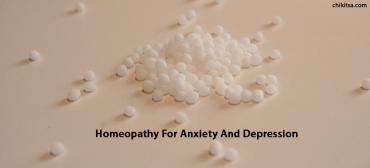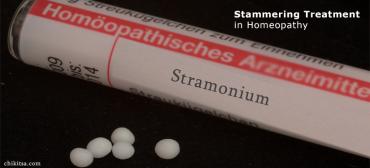Myths About Homeopathy

Homeopathy is an alternate form of medicine which originated in Germany at the of the 18th century. A German physician Samuel Hahnemann is credited as the father of homeopathy as his guidelines regarding homeopathy have remained unchanged. Since its introduction, homeopathy has been criticized as an ineffective and misleading. Some of the myths regarding homeopathy are listed below.
Homeopathic Medicines are all Placeboes
- Placebo effect can be defined as an actual improvement in the medical condition of patients by being administered an ineffective drug without their knowledge.
- Homeopathy has been recognized by the WHO as the second most practiced form of medicine.
- Research has shown that homeopathic medicines cause physiological changes when administered. This cannot be achieved by placeboes.
- Many double blind trials have proven the efficacy of homeopathic medicines. The results of homeopathic remedies appear slowly and they cannot be used in severe cases
- It is untrue as homeopathic medicines are used in acute cases of fever and diarrhea and have proven to act as quickly, perhaps faster, as conventional medicine.
- Use of homeopathic medicines is however more prevalent in the treatment of chronic illnesses such as asthma and arthritis.
- This lead to the misconception of the speed of the results using homeopathic remedies.
Homeopathy is Redundant in Surgical Cases
- Many medical conditions requiring surgical procedures have been effectively treated by using homeopathy including tonsillitis, fistula ovarian cysts and many others.
- There is a possibility that is some cases the medical condition has evolved into an advanced stage which would require surgery.
- Thereby, the notion that homeopathy cannot help in surgical cases is true only when the condition has reached an advanced stage.
Homeopathic and Allopathic Treatments Should not be Administered at the Same Time
- Some allopathic drugs act as suppressants and not as the cure. In such situations, it is advisable to opt for a homeopathic treatment.
- For instance, in diabetes and other drug dependent diseases, the allopathic drugs cannot be withdrawn all of a sudden. In such cases homeopathic remedies can be administered along with allopathic medicines
The Composition of all Homeopathic Medicines is the Same
- All homeopathic remedies are different from one another despite the similar appearance.
- Each homeopathic remedy can be formed from a range of over 3000 substances extracted from various plants and minerals.
- Their active ingredients are diluted and are incorporated within them. Homeopathic treatment involves strict dietary restrictions
- Only dietary restrictions that are implemented in homeopathic treatment depend on the disease that the patient is suffering from.
- For example, diabetics are advised to stay away from sweets and carbohydrates in homeopathic treatment just like in allopathic treatment.
It is important to observe that most of the myths associated with homeopathy have no strong evidence. Homeopathy has been praised by many despite the prevalence of such myths indicating that the results have encouraged more people to join the homeopathy band wagon.










